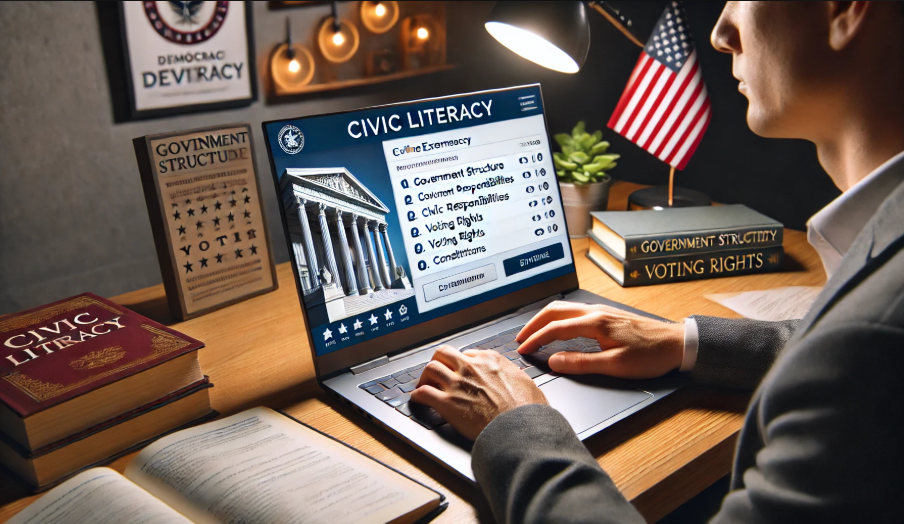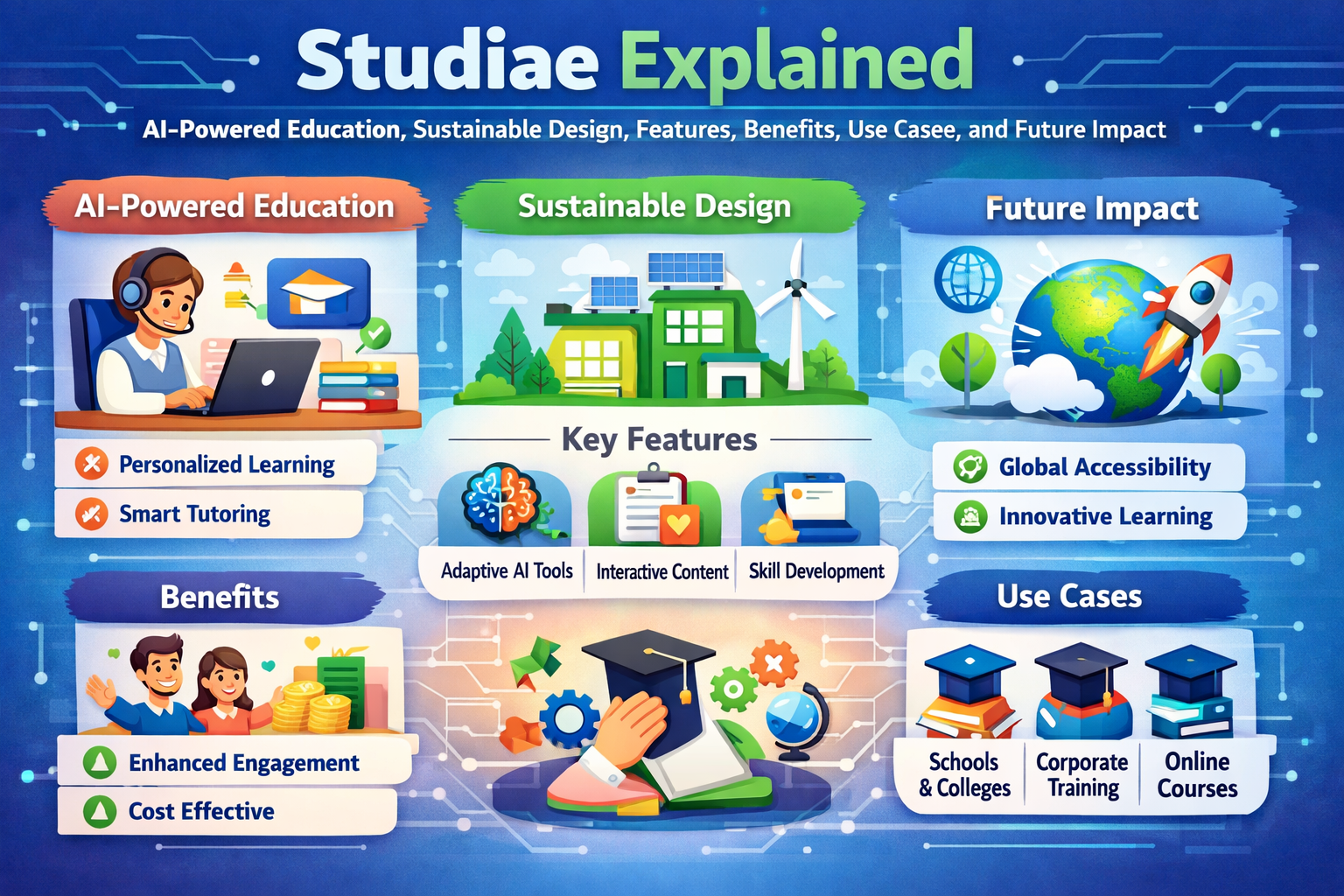Civic literacy is more than a requirement—it’s a fundamental aspect of informed citizenship. Whether you’re a high school student in Florida preparing for graduation or a college student fulfilling a state-mandated requirement, understanding the framework of your government and the principles of democracy is essential. The Florida Civic Literacy Exam stands as a gateway to proving this knowledge.
Understanding Civic Literacy
Civic literacy refers to the knowledge and skills needed to actively participate in civic life. This includes understanding:
- The structure of government
- The Constitution and foundational documents
- Civil rights and liberties
- Historical contexts that shaped American democracy
- The roles and responsibilities of citizens
A civically literate individual doesn’t just memorize facts; they recognize how government functions affect their daily life and how they can make a difference within their communities.
The Power of Practice: Why You Need a FCLE Practice Test
Preparing with a fcle practice test 2025 is one of the smartest steps you can take. Practice tests help you:
- Simulate the exam environment
- Improve timing and pacing
- Identify weak spots
- Boost retention of facts and concepts
- Increase test-day confidence
The Purpose of the FCLE
The Florida Civic Literacy Exam (FCLE) is a state-required assessment designed to ensure that students have a clear understanding of the nation’s founding principles, government systems, and civic responsibilities. Florida Statute Section 1007.25 requires that students demonstrate civic literacy either through coursework or a passing score on the FCLE.
Who Must Take the FCLE?
The requirement applies to:
- First-time-in-college students entering Florida College System (FCS) or State University System (SUS) institutions after Fall 2021.
- High school students in some districts as part of their social studies curriculum.
- Students pursuing an Associate in Arts or baccalaureate degree at public colleges and universities.
Why the FCLE Matters
Passing the FCLE isn’t just about checking off a graduation requirement. It’s about becoming a citizen who is empowered to participate in democratic processes. Here’s why the exam has real-world value:
- Informed Voting: Understanding ballot issues, candidate platforms, and election processes.
- Civil Engagement: Knowing how to contact representatives, attend town hall meetings, or participate in peaceful protests.
- Legal Awareness: Being familiar with rights and responsibilities under the law.
- Educational Equity: Creating a common foundation of civic knowledge for all students, regardless of background.
How the FCLE Is Administered
The exam is typically offered through your academic institution and is administered online or in a proctored environment. Students should check with their school’s academic advising or testing center for registration instructions and test dates.
Preparing for the FCLE: What to Expect
Studying for the FCLE is less about cramming and more about grasping the major themes of American governance and civic life. To prepare effectively:
1. Review Foundational Documents
Familiarize yourself with:
- The U.S. Constitution and Bill of Rights
- The Declaration of Independence
- The Federalist Papers (especially #10 and #51)
- Key Supreme Court rulings
Understanding these texts will give you insight into the principles that continue to guide modern governance.
2. Learn the Structure of Government
Make sure you know:
- The separation of powers among the legislative, executive, and judicial branches
- The system of checks and balances
- Federalism and how power is divided between state and national governments
3. Understand Rights and Responsibilities
Focus on:
- First Amendment freedoms
- Voting rights and procedures
- Civic duties such as jury duty, taxes, and participation in public debate
4. Explore Historical and Contemporary Issues
The FCLE doesn’t just look back—it connects the past to the present. Expect to see references to:
- Civil rights movements
- Expansion of suffrage
- Constitutional amendments over time
- Key pieces of federal legislation
Tips for Success on the FCLE
Here are some tips that will help you maximize your score and understanding:
1. Start Early
Don’t wait until the last minute. Begin your preparation at least 3–4 weeks in advance of your scheduled test date. Space out your study sessions to give yourself time to absorb the material.
2. Focus on Understanding, Not Memorization
Civic knowledge is built on connections between events, principles, and government functions. Instead of memorizing names and dates, focus on the “why” and “how.”
3. Join Study Groups
Working with classmates or peers can clarify complex concepts and provide motivation. Explaining an idea to someone else is one of the best ways to reinforce your understanding.
4. Take Multiple Practice Tests
Don’t limit yourself to one run-through. Use a fcle practice test 2025 multiple times with different questions each session. This will broaden your familiarity with different question styles and content.
5. Ask for Help
If certain topics are confusing—like judicial review, the commerce clause, or constitutional amendments—seek out academic support. Faculty, tutors, or online forums can provide clarity.




